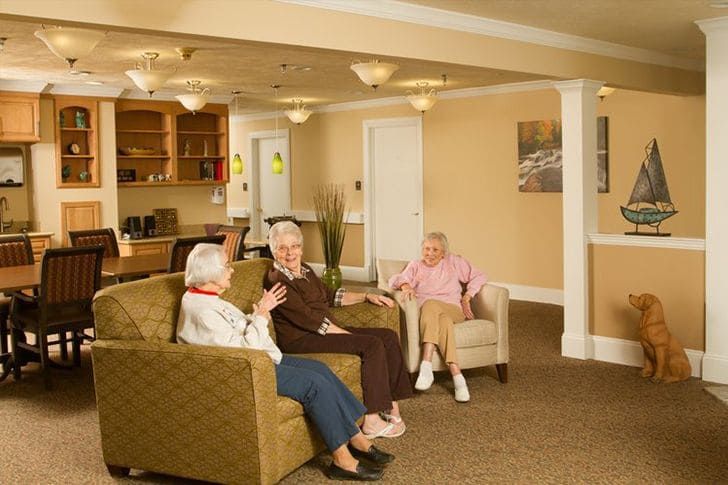8 Questions to Ask while Field Visiting Your Assisted Living Communities
One of the major decisions in life is searching for an appropriate assisted living community. The right questions shall help make a satisfying choice for both the elderly and family members.

1. What Level of Care is Provided?
What exactly is taken care of within a community? That is what you and your family should identify first. Some communities offer residences or services for independent seniors needing little, if any, care, while others offer full-time medical care and memory care. Ensuring a community offers flexible levels of care can prevent the likelihood of future moves if care needs change. It is good to know what the continuum of care, from assisted living to skilled nursing, is so that a place found will fit the long-term needs.
2. What Health and Safety Measures Are Available?
Health and safety precautions become of great concern, mainly if these are for seniors suffering from chronic conditions or those who are more vulnerable to illness. About the staff certification, you and your families can inquire into their various emergency response systems and how they address different health emergencies. Moreover, check that the community has regular check-in wellness checks, 24/7 on call nursing, and custom care plans to ensure the prevention of all areas falling through the cracks of safety and well-being.
3. What is the Staff-to-Resident Ratio?
More personalized attention and better care in general generally means you'll see a low staff to resident ratio. This question offers insight into how much time and attention each resident will likely receive. Caregiver turnover rate can often be a major concern; having continuity of staff builds trust and better relationships between caregivers and residents. To this extent, you and your families would also have to consider the qualifications and experience level of the caregivers since you would want competent and compassionate professionals for the care entrusted to them.
4. What Activities and Social Opportunities are Available?
The social environment of the community can either make or break the quality of a senior's life. Ask about activities offered, such as exercise classes, art programs, and outings, which go a long way toward reinforcing mental and physical health. Socialization through group dining and organized events gives residents ample opportunity for making new friends and staying active.
5. What are the living arrangements like?
Living arrangements indeed deal with comfort and convenience. Some of the communities have private apartments, while others have shared spaces or suite-style arrangements. Tour the residences to assess room sizes, natural lighting, and certain features such as availability of kitchens or private bathrooms. Note the general atmosphere and cleanliness of the facility.
6. What are the Costs and Payment Options?
Figure out your costs. Again, discuss entry fees, month-to-month charges, and any additional costs for increasing levels of care. Identify whether the community accepts long-term care insurance, Medicaid, or veteran’s benefits to offset the financial burden. Thereafter, inform the family whether or not rates are fixed or subject to change, because budget predictability is very important in many long-term plans. Price transparency helps to prepare families for all of the costs.
7. How is family communication handled?
Frequent communication between the staff and family members serves to keep them abreast of how one’s loved one is doing. You should ask how often the staff updates families, particularly for health changes or in the case of emergencies. While some communities might allow online portals to handle this in real-time, others may use periodic phone calls or emails. It is important that you have an idea of how accessible the staff is going to be when you have questions or concerns, for the building of trust and keeping all parties informed.
8. What are Resident Reviews and Testimonials?
First-hand descriptions by active residents and their families are really important in understanding community life. This will involve reading online reviews, reading testimonials, and personal visits to understand the community’s level of care, how friendly the staff members are, and the general sense of satisfaction among residents. You can also use personal accounts as a way to get a sense of how well the community comes through with its promise of a caring community. Such information helps prospective residents to better understand what to expect, and even points out potential red flags.


















